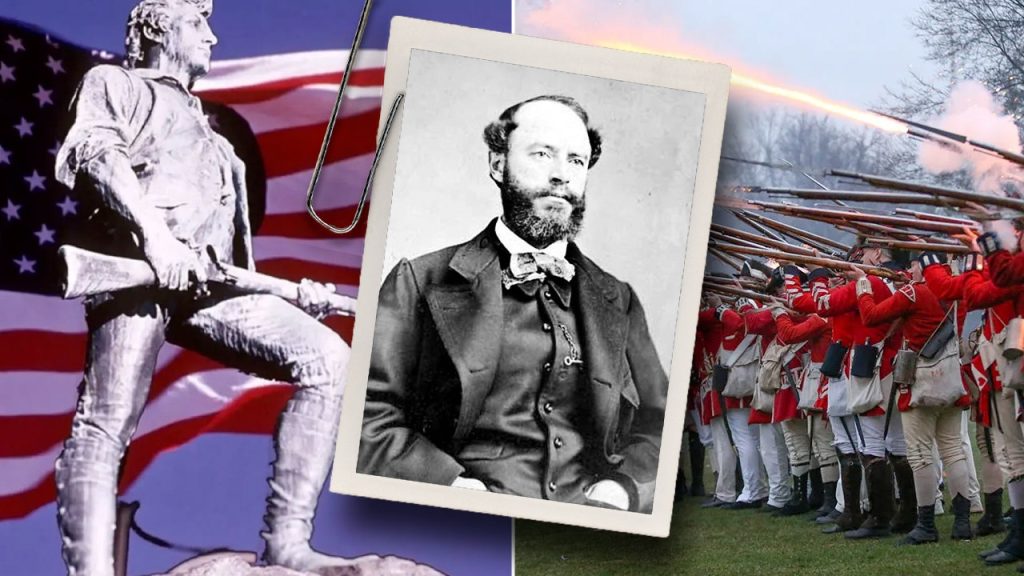On April 19, 1775, Captain John Parker and 77 armed Americans stood on Lexington Common, facing a force of 700 British regulars in what would ignite the American Revolution. Parker, a 45-year-old with tuberculosis, rallied his men to protect their families and homes from the highly trained British soldiers. The Americans, known as minutemen, were farmers and tradesmen, closely related and well-read individuals who were motivated to take up arms to defend their cause. The literacy of the colonists played a significant role in the spread of revolutionary ideals that ultimately led to the American Revolution.
Parker, born in Lexington in 1729, had roots dating back to the Massachusetts Bay Colony. He was a woodworker and had military training from the French and Indian War. The Lexington Training Band, citizens bound by faith and loyalty, bravely faced the British soldiers in what would become known as the Battles of Lexington and Concord. Despite being heavily outnumbered, the Americans stood their ground until they were overwhelmed. The British, with few casualties, continued their march toward Concord, where they were met with reinforcements from Woburn’s militia and minutemen.
Thousands more minutemen from various Massachusetts communities gathered to confront the British in Concord, chasing them back to Boston. The American citizen soldiers, led by Parker and other brave individuals, avenged the losses at Lexington by inflicting heavy casualties on the British. By the end of the day, the British had suffered approximately 300 casualties, while the Americans had fewer than 100. The siege of Boston by the American militiamen lasted nearly a year before the British finally retreated in 1776. Parker’s heroics paved the way for the Declaration of Independence the following year.
Parker succumbed to tuberculosis months after the Battles of Lexington and Concord, but his legacy lived on in the birth of the United States of America. The Minuteman Statue on Lexington Common and the Second Amendment stand as reminders of the role armed citizenry played in the fight for independence. Parker is commemorated in the U.S. Army Reserve motto, “Twice the Citizen,” honoring his selfless example of citizen-soldiers answering the call to defend their nation. Each year, Patriots’ Day is celebrated in Massachusetts and Maine, honoring the stand of Parker and his men in defiance of British oppression.
Despite being a hero of the American Revolution, Parker’s story is often overlooked by many who celebrate Patriots’ Day. Historians like Bill Poole highlight Parker’s bravery in standing up to a powerful military force and defending the rights of all Americans. His legacy lives on in the annual reenactments of the Battles of Lexington and Concord, as well as in the spirit of patriotism and defiance against tyranny that he embodied. Captain John Parker’s story serves as a reminder of the sacrifices made by ordinary citizens who played a vital role in shaping American history and securing the freedoms enjoyed today.


